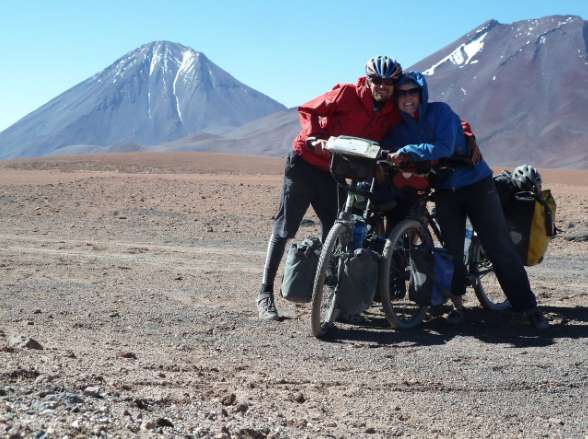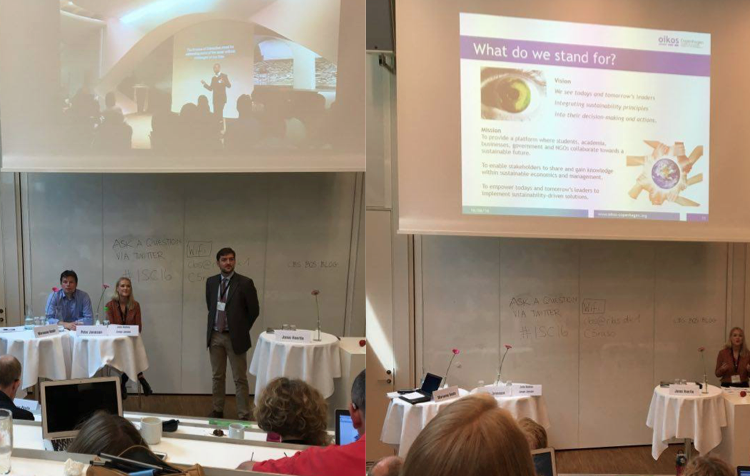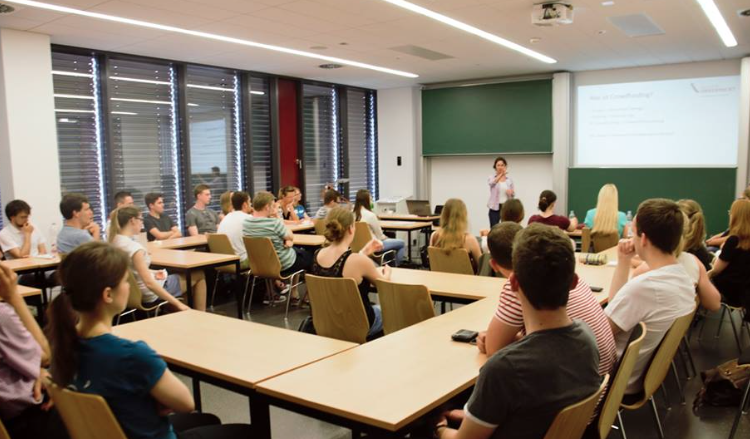Abstract The global sanitation crisis attracted the attention of several regional, national, and international organizations which tried to address the issue in their own way. Still about 2.6...
Abstract Friends of the Children, a nonprofit organization in Portland, Oregon, was founded in 1993 by retired entrepreneur Duncan Campbell to serve youth at the highest risk of...
Abstract In 2011 three young entrepreneurs, Jakob Assmann, Florian Henle and Simon Stadler, set out to revolutionize the energy market by offering a radical solution for customers to...
Abstract The Alibaba Group was one of the biggest and fastest growing businesses in China for about ten years. Among many other companies under the holding’s umbrella, Alibaba.com...
Abstract Kenya Tea Development Agency Limited (KTDAL) follows a unique model under which small tea farmers are shareholders. By the end of 2013, it had around 560,000 such...
Abstract Cofely, a large international technical services provider, is observing important changes at the fringes of its industry. Two industries that have experienced pressure towards being more environmentally...
Abstract The case reviews the rise of Guayakí, a company that sells energy drinks produced with leaves from Yerba Mate trees, and a significant decision it now faces. ...
Do you sometimes have itchy feet and wish you could explore, learn and share about environmental and sustainable energy projects on the ground? This happened to us. We had...
On June 16th-17th, the International Conference on Business, Policy and Sustainability was held at Copenhagen Business School with speakers including Hans Bruyninckx, Executive Director of the European Environment Agency,...
On Thursday June 23rd, members from oikos Paderborn, Cologne, Leipzig, Reutlingen, St Gallen and international, met to kick-off the Germany Meeting 2016. After getting to know each other a...




